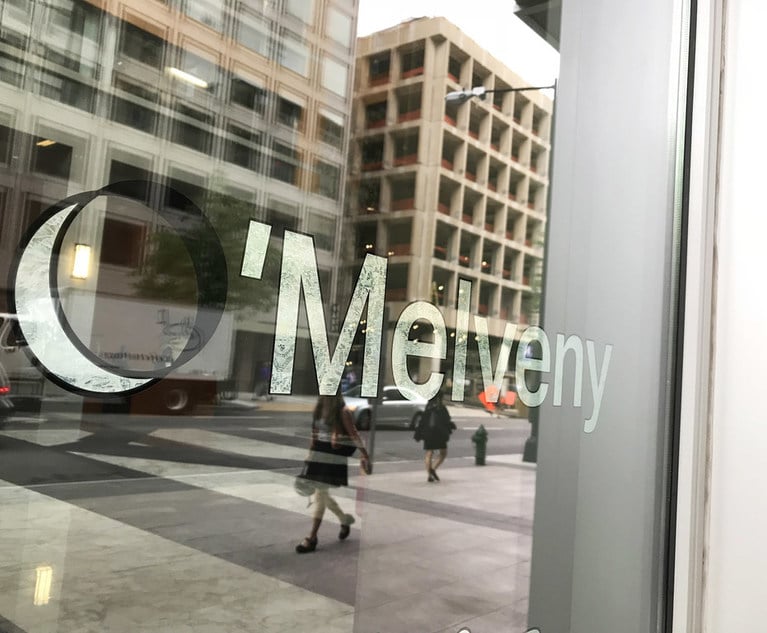Some 3,600 companies having already filed for Chapter 11 protection in the first half of 2020—more than in any year since 2012—and many are bracing for an even greater surge of bankruptcy filings before the COVID-19 pandemic ends. For those doing business with financially troubled companies, questions regarding whether and how to continue doing business with them will necessarily arise.
Ensuring Payment for Goods and Services Provided
There are several ways a seller of goods can protect itself when it learns its buyer is or may be insolvent. For example, it may seek a security interest in the goods being sold or demand payment in advance or on a cash-on-delivery (COD) basis. A seller may also seek a guaranty from the buyer’s parent or an affiliated company. In addition, the Uniform Commercial Code (UCC), which has been adopted in some form in every state of the United States, allows a seller to suspend performance until it receives “adequate assurance” of performance (i.e., ability to pay) by a buyer if there are reasonable grounds for insecurity regarding their performance.


 Farella Braun + Martel’s Gary M. Kaplan and Janice W. Reicher
Farella Braun + Martel’s Gary M. Kaplan and Janice W. Reicher




